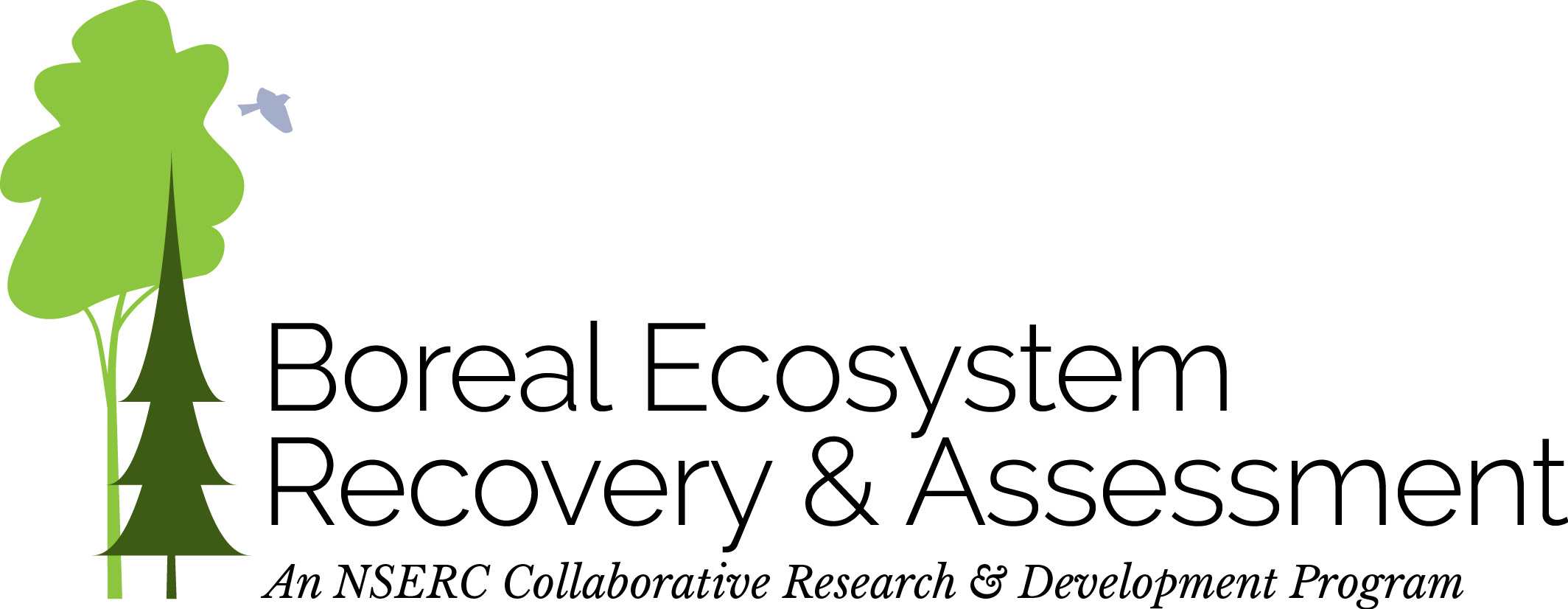E3 System Projects
1a: Deep/Machine learning to support restoration assessment - seedling detection
1c: The Edmonton Tree Project
3a: Regional assessment of opportunities and challenges of alternative energy technologies and their environmental impacts
3b/c: The Future off Gas Markets: Conventional vs Renewable Gases
4: Change in heating and cooling demand due to climate change in Alberta and Bavaria and its influence on local energy systems
9: Visual System for Autonomous Drones in Environmental Monitoring
11a: Assessing the impacts of land use and climate change
13a: The impact of electric vehicles to the energy system of Alberta
17: Economics and Technology Acceptance of Distributed Energy Storage Systems Using the Example of Hybridized Flywheel Energy Storage
18: Comparing Laser Scanning and photogrametry to detect openings in the boreal forest in Alberta
20: Automated Monitoring of Well Sites Using Satellite Imagery
24: Interactions of Renewable Energy Technologies with Traditional Fossil- Fueled Grids
Related Projects
CarbonNeutral LNG
funded by The European Union - Horizon Europe Grant Agreement 101084066
Since November 1, 2022, the Friedrich-Alexander-Universität Erlangen-Nürnberg coordinates the EU-funded Horizon Europe Project CarbonNeutralLNG. The focus of the new research project is the development and testing of the production of synthetic methane from green hydrogen and CO2.
CarbonNeutralLNG targets the cost-competitive and carbon effective exploitation of carbon sources from biomass in order to replace fossil diesel fuels with renewable ‘electricity enhanced bioLNG’ on a global scale. Low-carbon transportation will increasingly depend on liquid energy carriers like Liquefied Natural Gas from biomass (GreenLNG). Low-cost renewable energy (electricity and biomass) and reduced process complexity will be the main drivers for reduced marginal costs and increased carbon efficiency of the bioLNG synthesis.
Thus, the CarbonNeutralLNG project targets electricity enhanced conversion of biomass residues into CO/CO2 and subsequently into liquefied bio-methane (GreenLNG). The integration of renewable electricity maximizes the methane production from a certain amount of biomass resources by a factor of 2 and simplifies the conversion processes:
Sustainable Gas
funded by the German Ministry for Economics (BMWi)
In 2016, about 50% of the German heat demand was covered by natural gas. Only approx. 13% of the overall heat was provided by renewable energies. This leads to high dependencies on natural gas and uncertainties regarding future security of supply and prices. In order to reduce those issues, numerous technologies aim to produce substitutes for natural gas from renewable energies:
- Biomethane through the treatment of biogas
- Substitute Natural Gas (SNG) by methanation of synthesis gas from thermo-chemical conversion of ligneous biomass
- Hydrogen production by use of renewable electricity (Power-to-Hydrogen, PtH) as well as its conversion to synthetic natural gas (Power-to-Methane, PtM)
The project "SustainableGas" aims to simulate possible market scenarios for the integration of those renewable gases into the German gas market until 2050. A special focus is laid on local environmental and social structures which are integrated additionally to the energy economics into the model in cooperation with project partners from LMU Munich and FAU Erlangen-Nuremberg.
Bera - Boreal Ecosystem Recovery and Assessment
funded by NSERC
The boreal-forest regions of Alberta are under increasing pressure from human development related to natural-resource extraction. Roads, seismic lines, well sites, cut blocks, mines, pipelines, and other elements of human footprint exert cumulative environmental effects that can harm biodiversity, water quality, and the habitat of threatened species such as woodland caribou. In order to mitigate these effects, resource-extraction companies and provincial regulators are working to develop monitoring initiatives that track the amount of human footprint present in a given area, and measure the rate at which previously disturbed areas are being reclaimed.


